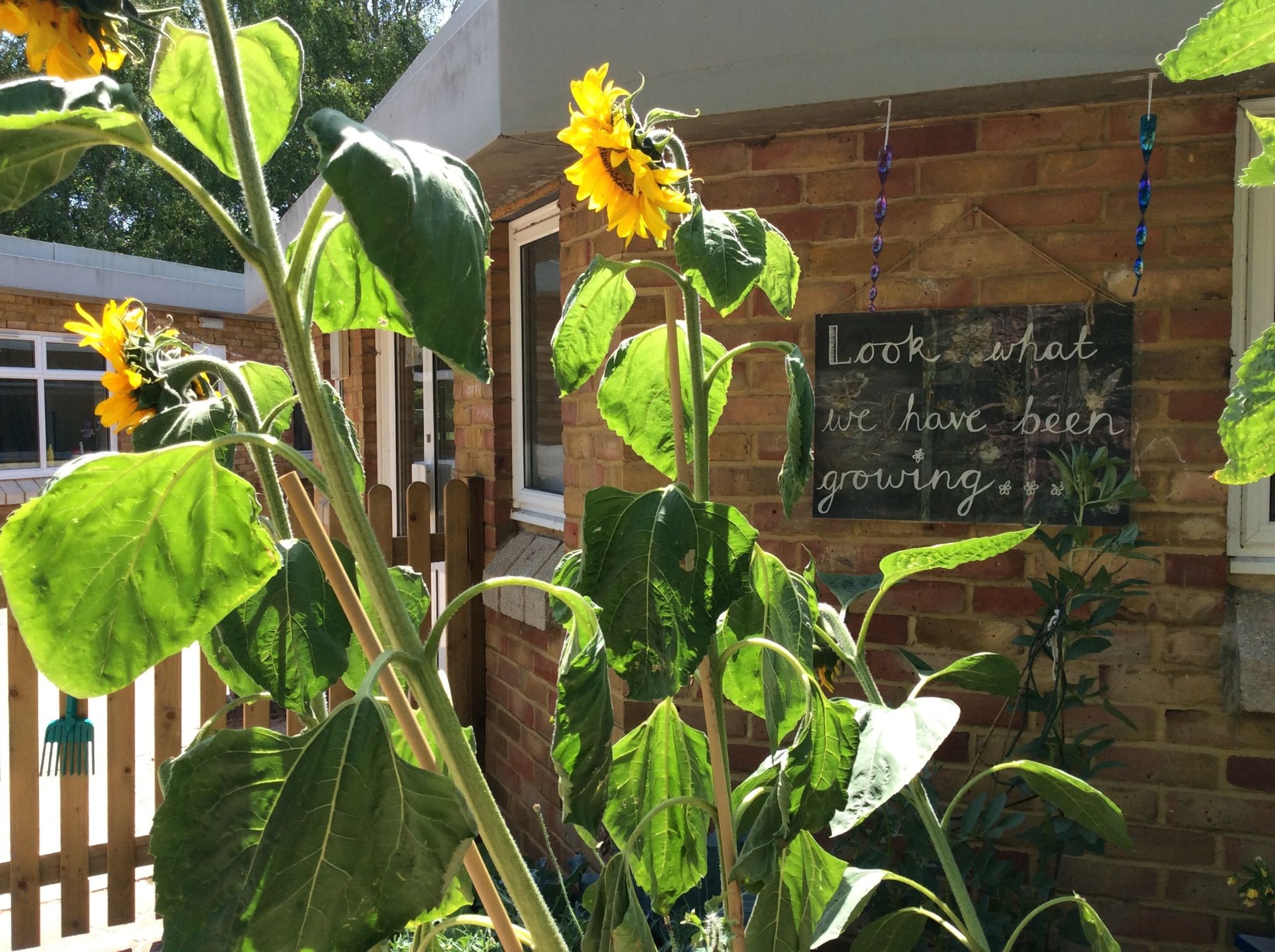LKS2
.jpg)
Please read on to find out what has been happening in Year 3&4 this week
Year 3
It has been fantastic to welcome the children back to school and into Key Stage 2 as they begin their next chapter at The Vineyard. We have been so impressed with their enthusiasm for learning so far! In English, we met a curious pet in our book ‘Sparky’, and have written expanded noun phrases using ambitious adjectives, whilst considering the key features of non-chronological reports. More on this next week! Maths has seen us partitioning numbers and representing them in a variety of ways, whilst in science we have recapped the five things which animals need to survive (and why they are so important). In Geography, we have begun our topic on the River Thames, and have used our locational knowledge to describe where it is in relation to the United Kingdom. We are looking forward to studying some of the techniques of artist Paul Klee, and experimenting with his idea that ‘a line is a dot that we take for a walk’.
Key Messages
-
Key vocab: partition, non-chronological report, shelter, oxygen, river bank
- Spellings: Starting next week: adding the prefix -dis and in-
Year 4
In year 4 classes this week, we have been working hard at being independent learners and using a wide range of resources.
In Maths, we have been partitioning numbers up to 10,000, we have been using representations such as dienes and counters, as well as partitioning numbers using the part - whole model. In KIRFS we have been revising our number bonds to 100. In English, we have begun writing our instructional texts, using command sentences to inform and instruct our project pets on how they might be able to escape from their jar. The children have been really creative in exploring the ways in which their animal might escape. Now that the children have explored different geometric patterns in art, we have begun to explore Islamic art tiles. We have been finding out how they are created, where they can be found, as well as what the patterns represent. In science, we have continued to develop and explore our knowledge of the states of matter. In particular, we have been interpreting the particles within different states of matter to predict how they behave. Why don't you ask your child how particles in a solid behave compared to a gas? After looking at daylight hours in geography last week, the children took ownership of their learning, becoming researchers, using a range of sources, to explore the different biomes and present back to the class their findings in the form of an informational poster.
Key messages:
-
Key vocab
-
Science - predict, states of matter, properties, particles, matter, vibration, energy, arrangement.
-
Geography - biomes, forest, tundra, desert, grassland
-
Maths- partition, digit, value, represent
-
English - imperative verbs, time connectives, adverbs.




